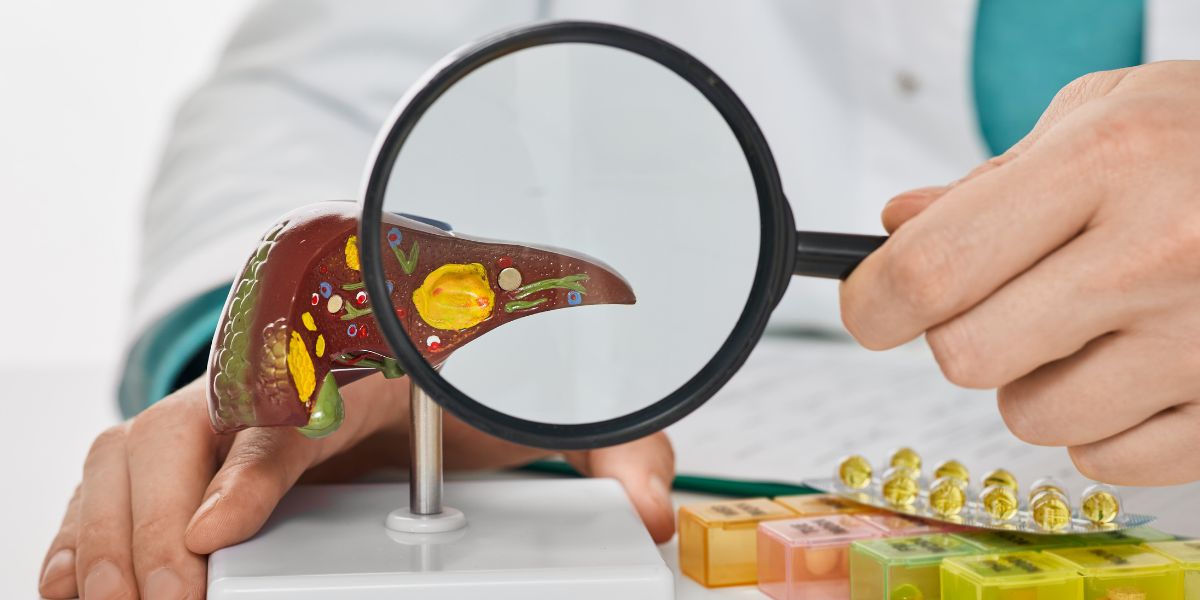Scientists have found that children who go to bed earlier have greater gut flora diversity, including beneficial gut bacteria.
The Chinese team of researchers say their findings highlight how sleep patterns could “significantly influence” gut microbiota.
A key finding was that ‘good’ bacteria including Akkermansia muciniphila were more plentiful among children with earlier bedtimes compared to those who fall asleep later.
- New link between gut bacteria in children and autism discovered
- Gut bacteria shapes how you cope with stress, research suggests
- Resilient people have improved cognition and healthy gut microbiome
These bacteria are linked to gut health and healthy cognitive functions.Researchers examined the genomics of faecal samples from 88 healthy children aged between two and 14 years.
The children were divided into two groups – those who fell asleep before 9.30pm and those who slept after 9.30pm. Sleep diaries helped researchers to look at other factors including night awakenings, sleep efficiency and sleep quality.
Analysis revealed that among the earlier sleepers, there were greater levels of other bacteria including Holdemania filiformis, Firmicutes bacterium CAG-95, Streptococcus sp. A12, Weissella confusa, Clostridium sp. CAG-253, Alistipes finegoldii, and Eubacterium siraeum. In addition, CAG-83 fungi were found at higher levels in the early bedtime group.
The team discovered that Akkermansia muciniphila and Alistipes finegoldii were positively linked with time to fall asleep.
They also found that Alistipes finegoldii was positively linked with total sleep time but negatively correlated with dream frequency and sleep efficiency.
- Autism and ADHD can be caused by early gut microbiota disturbances
- Meditation associated with good gut health
- Food preservatives wipe out protective bacteria in gut
The study authors, from the Department of Child Rehabilitation, said: “These differences in species diversity and metabolic pathways suggest that sleep patterns significantly influence gut microbiota. Our findings may lead to new pharmacological interventions targeting sleep disorders in children.”
The research findings could be linking sleep to microbiome outcomes, or the other way round, when the microbiome affects sleep. The study focussed on the first but there was no intervention into participants’ sleep patterns by the research team.
Read more in Scientific Reports.






